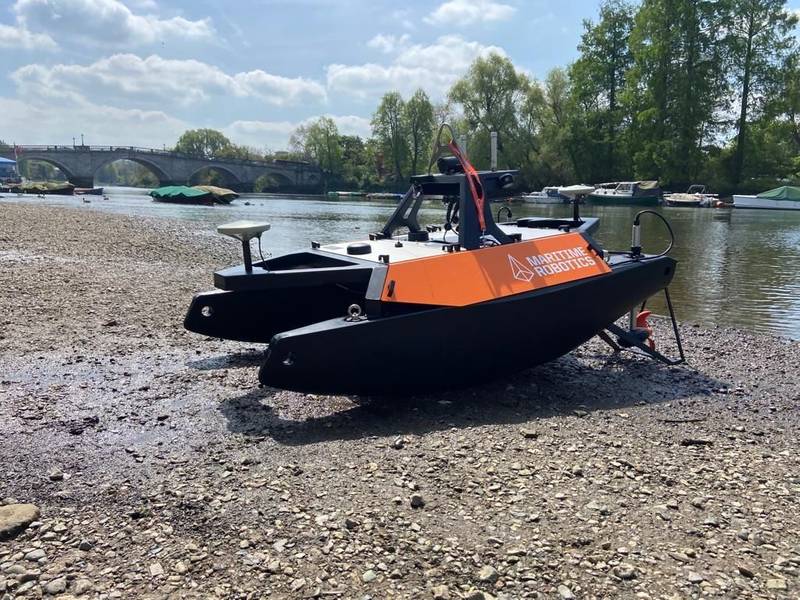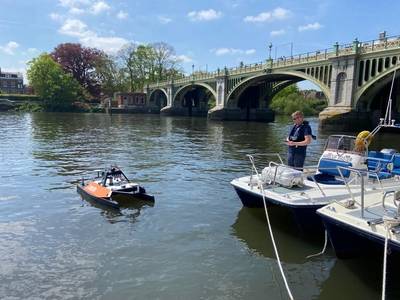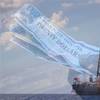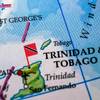Port of London Launches Fully-electric Survey Vessel
In a first for UK ports, the Port of London Authority (PLA) and University College of London (UCL) have launched a fully electric, remotely operated survey vessel.
It will support a MSc Hydrographic Surveying course they have run in partnership since 1999.
The state-of-the-art platform, manufactured by Maritime Robotics, was acquired by the partners, following a successful bid and award of an £263,000 grant from the Engineering & Physical Sciences Research Council (EPSRC).
The vessel features the most advanced sonar and scanning system from technology manufacturer NORBIT, called a WINGHEAD. This facilitates unparalleled collection of data to create detailed maps of the riverbed, and structures, such as bridges, jetties and shipwrecks that need to be surveyed and inspected to ensure accurate information for safety of navigation or maintenance.
The platform will facilitate PLA and UCL research in coastal morphology, carbon reduction, habitat mapping and other areas of education and development in the sphere of maritime safety, autonomy, and robotics.
Due to its small size and maneuverability, the remote platform can be deployed in situations where traditional survey vessels would be impractical or unsafe, such as shallow waters, or close inshore or around and under marine structures. Its battery- powered electric thrusters provide a much more environmentally-friendly solution than traditional marine diesel or petrol engines.
 (Photo: Port of London Authority)
(Photo: Port of London Authority)
The tidal Thames is home to the UK’s port and busiest inland waterway; accurate and regularly updated riverbed data is essential to safe navigation. The PLA’s port hydrographer, John Dillon-Leetch, said, “We’re delighted to lead the way in launching this remote surveying vessel with UCL.
“Not only does it feature the latest in innovation, thanks to NORBIT’s multibeam technology, but it also enables our hydrographers to survey in previously inaccessible areas, safely and sustainably. This aligns with two of our goals in our Thames Vision 2050 strategy, launched last year.”
The remote surveying vessel has been trialed in London’s Royal Docks and at the PLA’s Richmond Lock and Weir, by UCL’s latest cohort of international MSC students supported by the PLA Hydrographic Service Team.
Since 1999, the PLA’s Hydrography team have worked in partnership with UCL Civil, Environmental and Geomatics Engineering (CEGE) to deliver the International Hydrographic Organization (IHO) accredited Category A MSc in Geospatial Science, Hydrographic Surveying. The only CAT A accredited course in the UK, supporting the education of future hydrographic surveyors from around the world.
UCL CEGE’s lecturer in marine geospatial science, Dr. Cassandra Nanlal, explained, "Our partnership with the PLA enables us to offer an unrivalled field course experience with a world-leading hydrography team, including use of cutting-edge equipment, such as this remote surveying vessel.
“Our international students will be able to take their experience and knowledge to all parts of the world, to help elevate the standards within the industry. This platform will facilitate interdisciplinary research at UCL with collaborations between CEGE, UCL Mechanical Engineering and UCL Geography, in alignment with the UCL Research Strategy.”
John Fraser from NORBIT commented, “We are proud to support PLA and UCL with this project which demonstrates the importance of both technical innovation and practical application.”
The emergence and growing importance of remote and autonomous surveying vessels signify a paradigm shift in the hydrographic surveying industry.
By providing a safer, more efficient, versatile, and sustainable solution for underwater data collection, these vessels will transform the way the surveyors of the future map and analyze data of the world’s riverbeds and ocean floors as well as paving the way for a more technologically driven and sustainable future in maritime operations.















